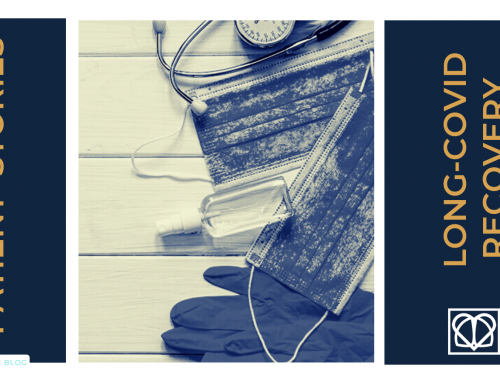
Cancer is a journey, but you don’t have to walk the road alone.
There are an estimated 2.5 million people living with cancer in the UK, but not all of them are living well. The population of survivors of cancer is growing at an unprecedented rate. Evidence demonstrates that a large portion of these survivors have unmet physical needs, many of which may be amenable to physiotherapy interventions.
Many cancer patients will complete their primary treatment and return, more or less, to the same level of health and wellbeing that they enjoyed before their diagnosis. But a significant proportion will experience a wide range of distressing long-term problems, such as crippling fatigue, chemotherapy induced peripheral neuropathy and generalised deconditioning. Some will face an increased risk of heart or bone problems, a second cancer, or other health conditions that may not emerge for many decades.
There is a large amount of research showing compelling evidence that rehabilitation and physical exercise can have a dramatic effect on a person’s life when affected by cancer, including reducing the side effects of treatment, improving quality of life and prognosis. Rehabilitation can be the key to optimising physical and functional recovery. We are also seeing through research that exercise has a protective role against some cancers.
Key benefits of exercise prior to treatment include increased physical function which may translate into fewer post-operative complications and shorter hospital stays. Similarly, exercising while undergoing cancer treatment can help prevent decline in physical function and control cancer- related fatigue. After treatment, exercise can contribute to increased cardiorespiratory and muscular fitness, reductions in fatigue, and improved body composition and wellbeing outcomes. In addition, there is potential value of regular physical activity in increasing survival time.
Having worked in cancer care for many years we recognise that a cancer diagnosis can have a devastating effect, not just on the individual, but also on your family and friends. Cancer treatments are extremely complex, they can be fragmented, institutionalised and reactive. All of this can lead to a sense of uncertainty and you can feel like you’re losing control.




